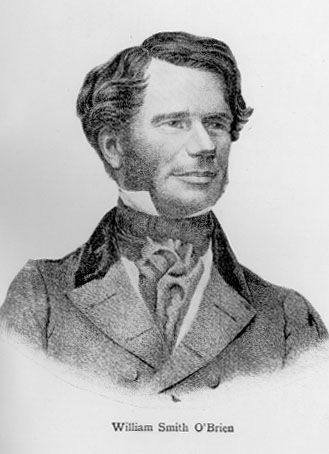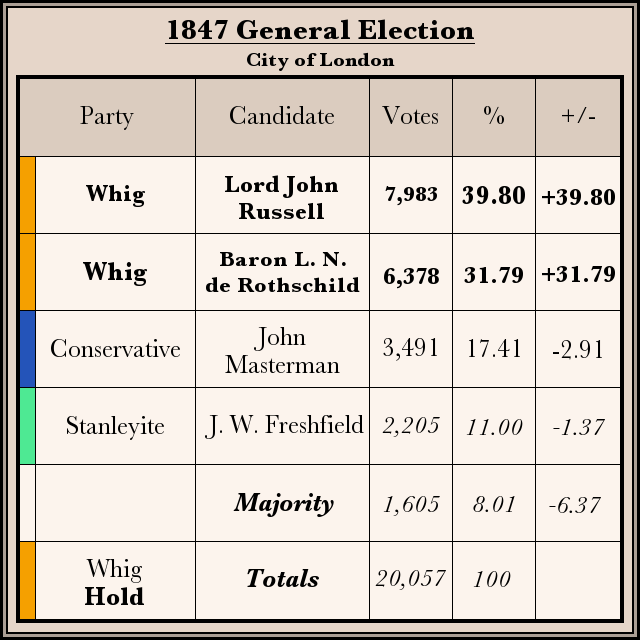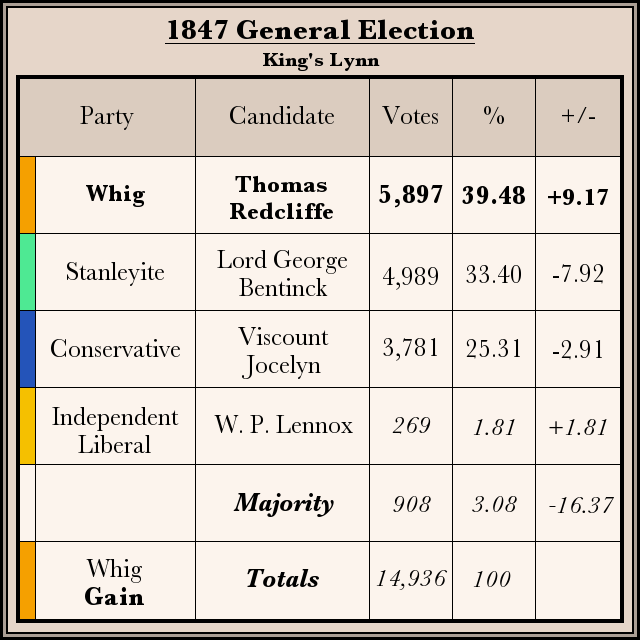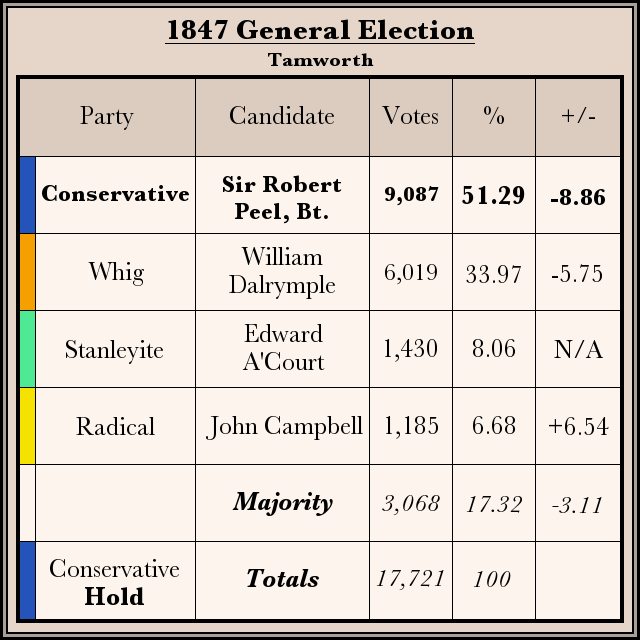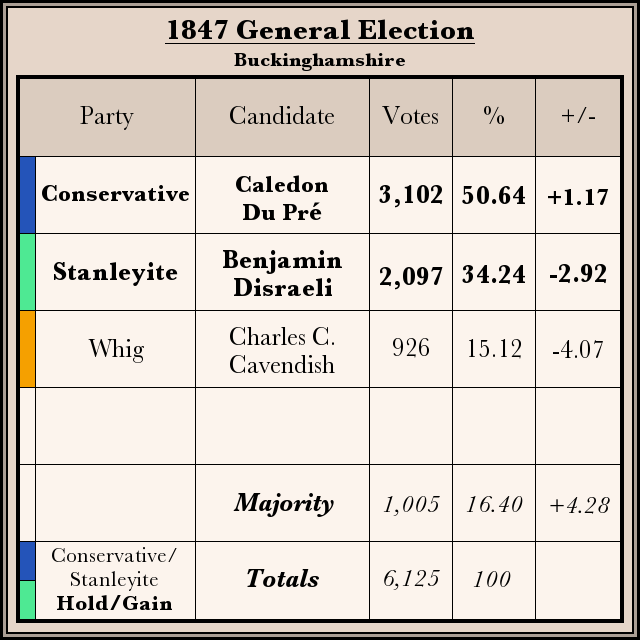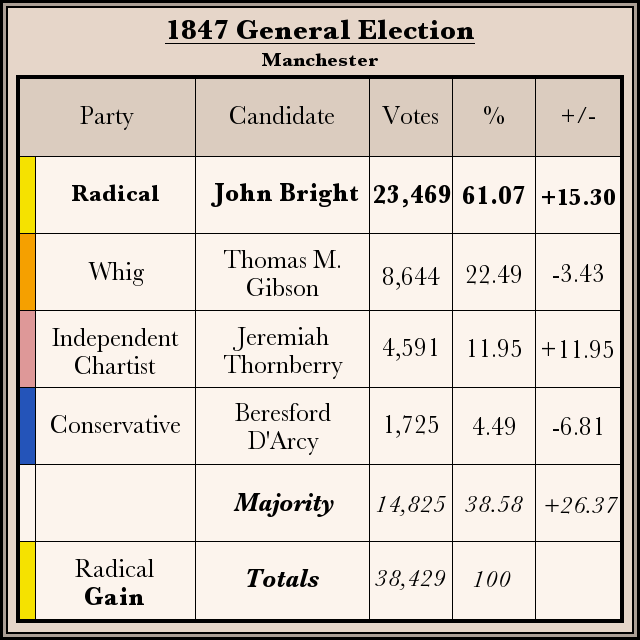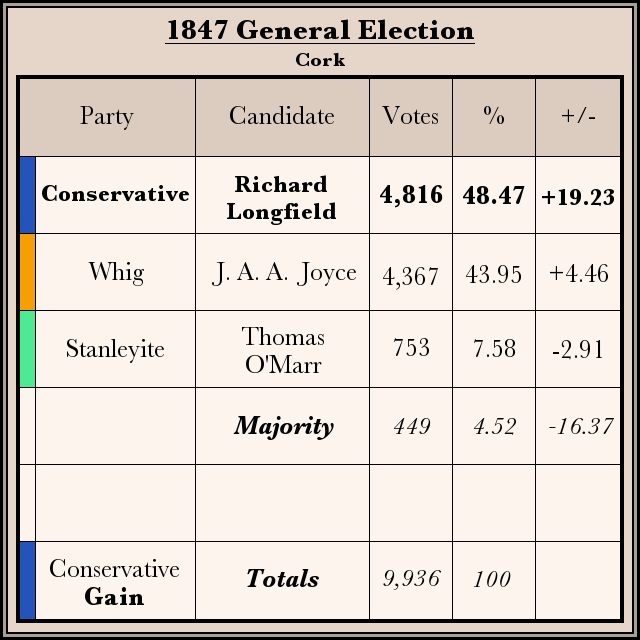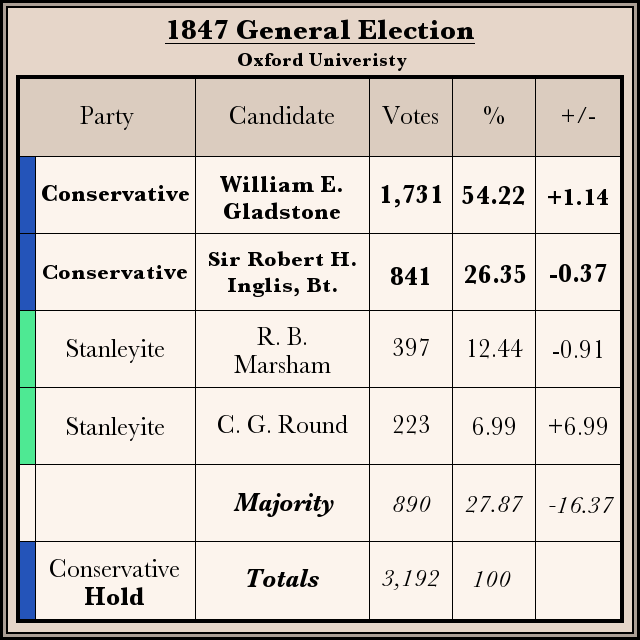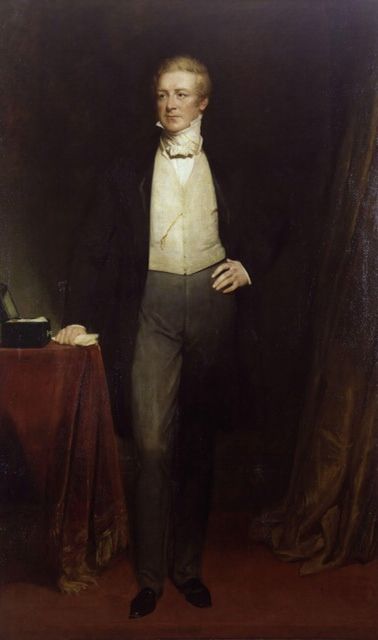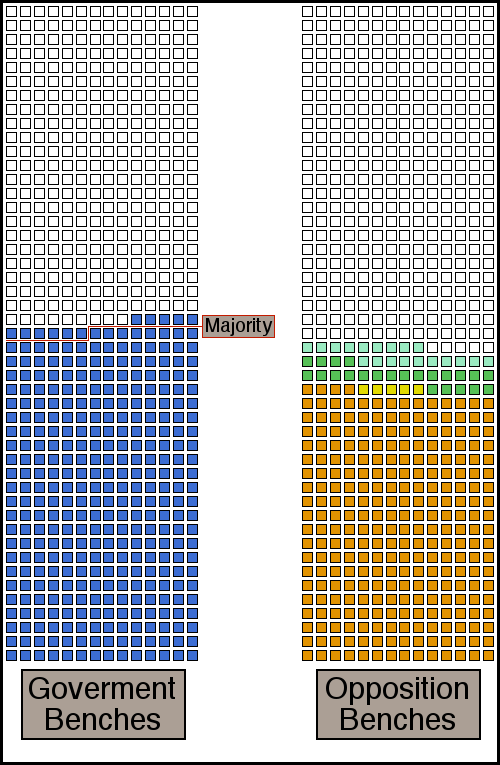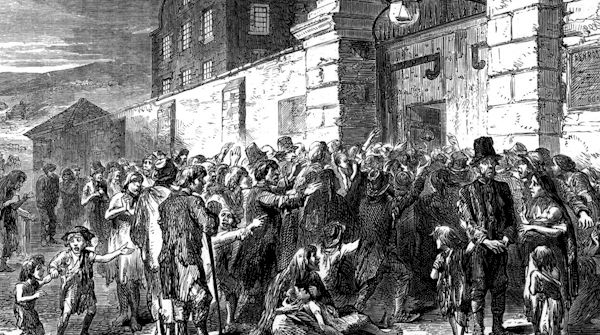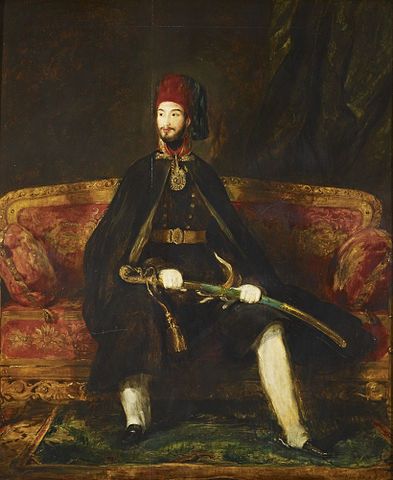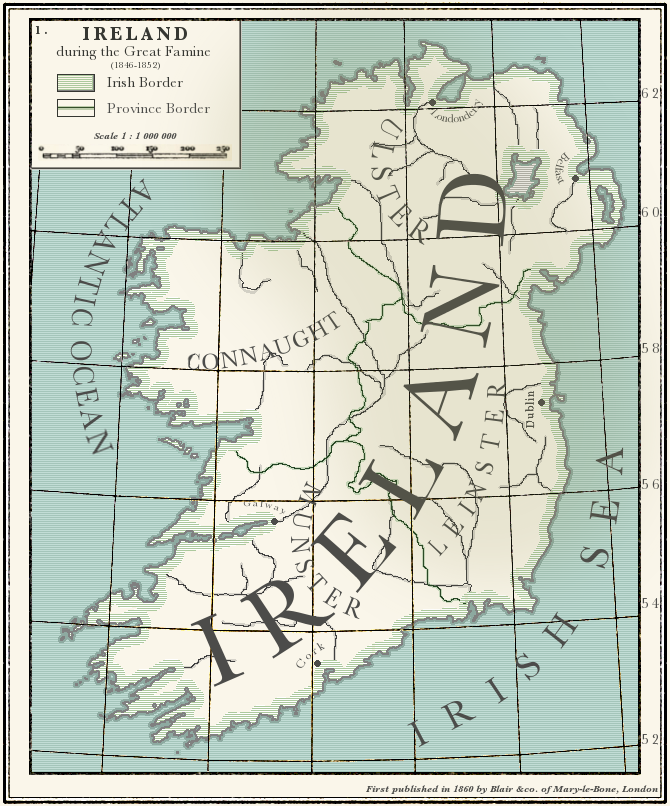What an interesting update, those debates were a great read. I think the Whigs will pull out the win.
Thanks Zorro. The Whigs certainly look strong, though there's still time for an upset.
hmy: Man that debate in Cork with O'Connell was shocking, it read pretty horrifying as well. Certainly it is the end of an era, he will be missed. I would imagine had this happened in the present the news, press and social media outlets would be on fire right about now with discussion and videos. Interesting and insightful update, always enjoy the format.
Sorry if it was too horrifying. I had originally planned to just have him retire after some illness, but I thought it would break up the endless cycle of debating. You're right in how it would be covered to death (no pun intended) if it were to happen today. Good thing none of those assembled were able to tweet a video, don't you think?
Thanks for the comment, as always.
Hmmm.... I predict a Whig victory too. *Puts down a fiver*
Although it would be interesting to see the Repeal movement getting some voice.
I'm interested that so many of you are backing Russell. I shan't day anything yet, but it is noted.
As for the Repealers, you might be a bit optimistic there...
Amazing election update!
I am on the edge of my seat waiting for the election results. Let us pray for a Whigh-Radical coalition!
Thanks Niko! I guess Russell is best in the absence of Maggie, then?
Thanks as ever for the comments. They are really appreciated. If I could also take the liberty of once again reminding people that the ACAs are running, I'd be much obliged if you'd go and vote — though not necessarily for me. Turnout has been somewhat thin over here in the Vicky forums, and I think I can speak for all writers pretty confidently when I say that votes are massively appreciated, so I'd like to see the situation change.



